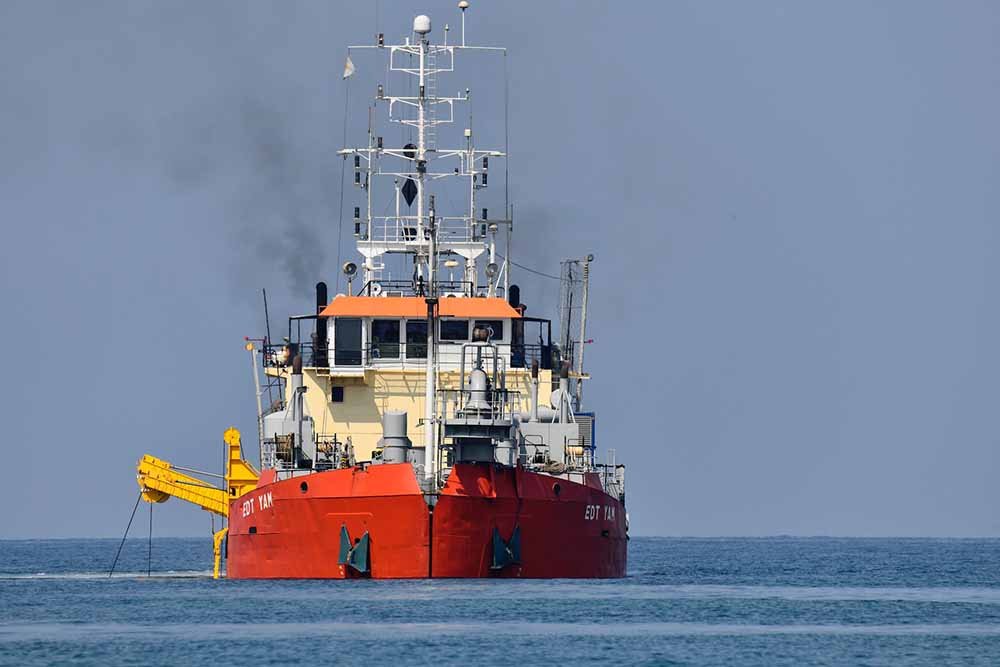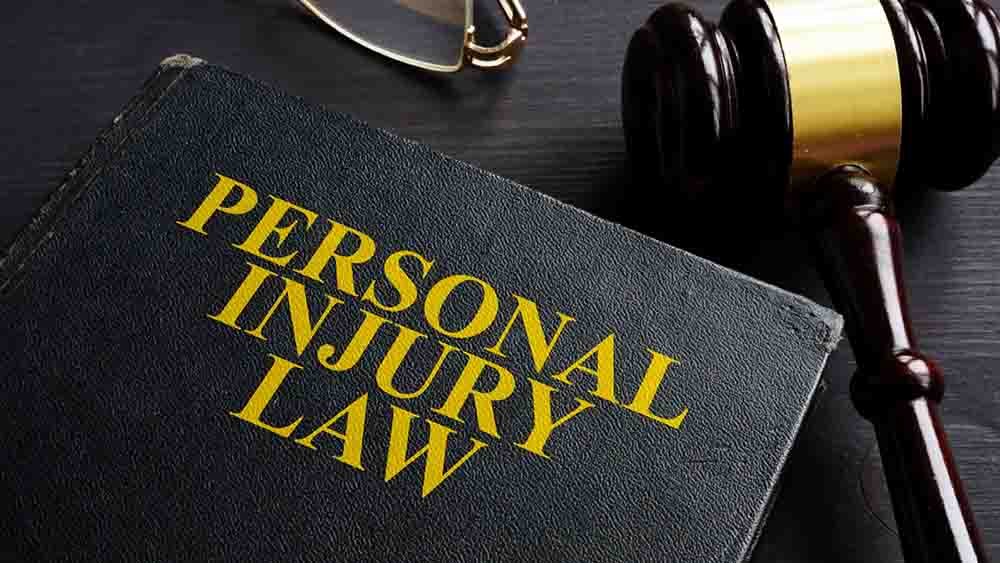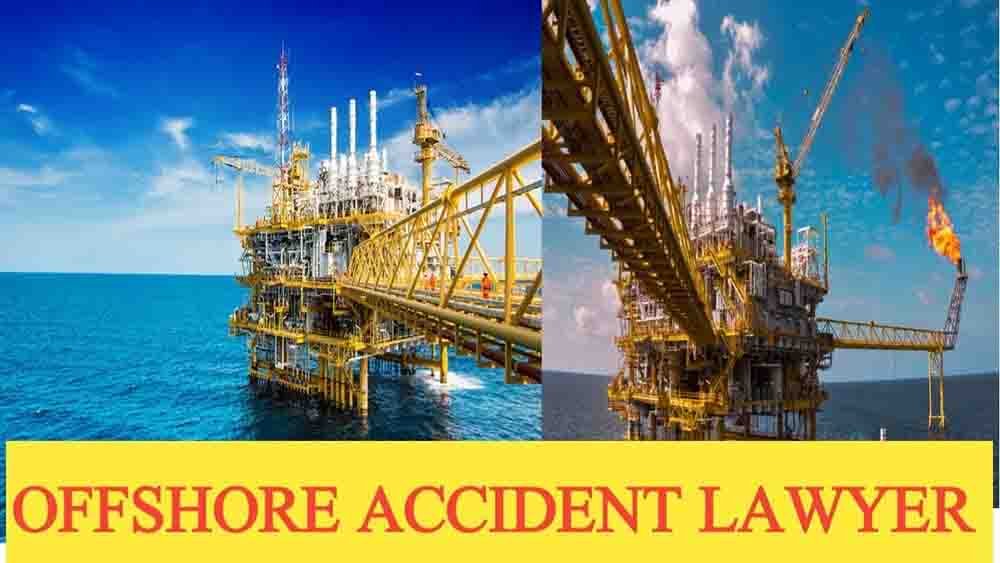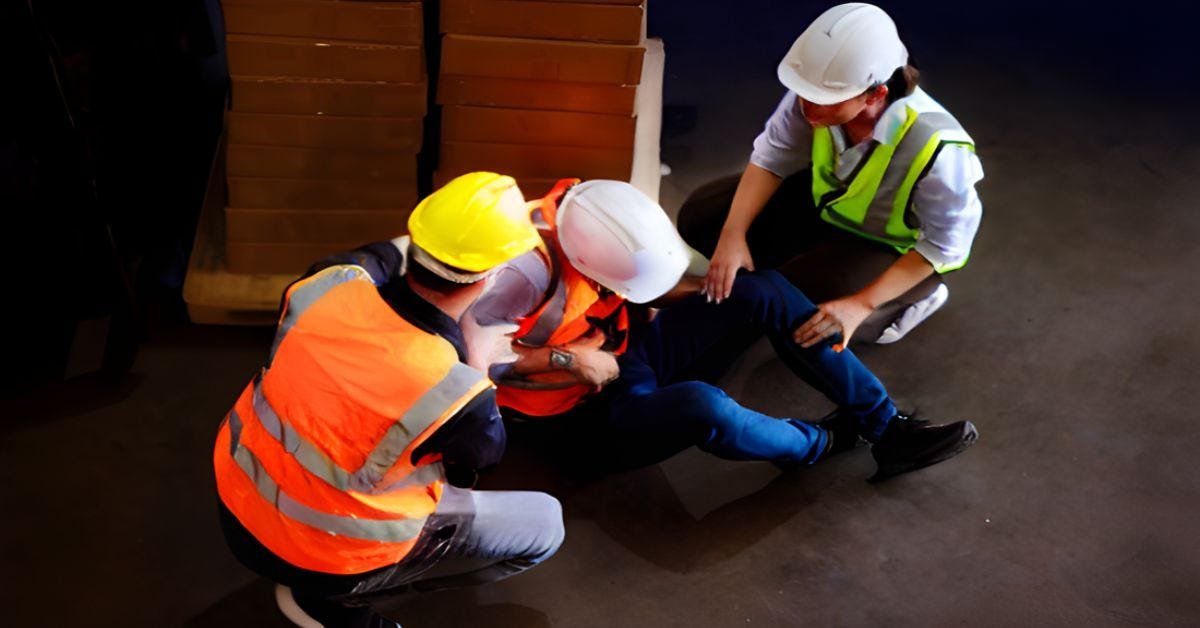Houston Maritime Attorney: Maritime law, also known as admiralty law, governs legal issues and disputes that arise on navigable waters. This specialized area of law covers a wide range of matters including personal injury, cargo disputes, environmental regulations, and commercial shipping activities.

Houston Maritime Attorney
Importance of Maritime Law
The importance of maritime law cannot be overstated. It ensures the safety and fair treatment of workers, the proper conduct of commercial shipping, and the protection of marine environments. Given Houston’s prominent position as a port city and a hub for maritime activities, the relevance of maritime law is particularly significant here.
Role of a Maritime Attorney
A maritime attorney specializes in legal cases related to maritime activities. These attorneys are equipped to handle complex legal issues involving injuries at sea, cargo disputes, and environmental regulations. Their role is crucial in protecting the rights and interests of individuals and businesses involved in maritime operations.
Types and Categories of Maritime Cases
Personal Injury Claims
Personal injury claims in maritime law typically involve workers who have been injured while performing their duties on vessels or docks. These claims seek compensation for medical expenses, lost wages, and pain and suffering.
Wrongful Death Claims
Wrongful death claims arise when a maritime worker dies due to negligence or unsafe conditions. Families of the deceased can seek compensation for their loss, including funeral expenses and loss of financial support.
Jones Act Claims
The Jones Act provides seamen with the right to sue their employers for injuries caused by negligence. This federal statute is a vital protection for maritime workers, offering avenues for compensation that are not available under standard workers’ compensation laws.
Longshore and Harbor Workers’ Compensation Act (LHWCA)
The LHWCA covers longshoremen and harbor workers who are injured on navigable waters or adjoining areas. This act provides compensation for medical care, rehabilitation, and lost wages.
Maintenance and Cure Claims
Maintenance and cure are benefits provided to seamen who are injured while in service of a vessel. Maintenance covers daily living expenses, while cure covers medical expenses until the seaman reaches maximum medical improvement.
Cargo Claims
Cargo claims involve disputes over lost, damaged, or delayed cargo. These claims can be filed by cargo owners or shipping companies and often involve complex issues of liability and compensation.
Maritime Liens
Maritime liens are claims against a vessel for unpaid debts related to the vessel’s operation. These liens provide security for creditors, ensuring they can recover what they are owed even if the vessel changes ownership.
Environmental Claims
Environmental claims in maritime law address pollution and other environmental damage caused by maritime activities. These claims can involve significant fines and cleanup costs and are critical for protecting marine ecosystems.
Common Symptoms and Signs of Maritime Injuries
Physical Injuries
Maritime workers often face severe physical injuries such as fractures, burns, and amputations. These injuries can result from accidents involving heavy machinery, slips and falls, or exposure to hazardous materials.
Psychological Effects
The demanding nature of maritime work can lead to psychological effects such as stress, anxiety, and post-traumatic stress disorder (PTSD). These conditions can be just as debilitating as physical injuries and require appropriate medical attention.
Financial Impacts
Injuries sustained in maritime work can have significant financial impacts. Workers may face substantial medical bills and lost wages during their recovery period, creating financial strain on them and their families.
Causes and Risk Factors
Hazardous Working Conditions
Maritime work often involves hazardous conditions such as rough seas, extreme weather, and dangerous cargo. These conditions increase the risk of accidents and injuries.
Equipment Failures
Faulty or poorly maintained equipment is a common cause of maritime injuries. Regular inspections and maintenance are crucial to prevent accidents related to equipment failures.
Human Error
Human error is a significant risk factor in maritime operations. Fatigue, lack of training, and negligence can lead to serious accidents and injuries.
Environmental Factors
Environmental factors such as storms, high winds, and ice can create dangerous working conditions. Mariners must be well-prepared to handle these challenges to ensure their safety.
Diagnosis and Tests for Maritime Cases
Medical Examinations
Medical examinations are essential for diagnosing injuries sustained in maritime accidents. These examinations can identify the extent of injuries and determine the necessary treatment.
Incident Reports
Incident reports document the details of maritime accidents and injuries. These reports are crucial for legal proceedings and can provide valuable evidence in personal injury claims.
Witness Statements
Witness statements from co-workers or other witnesses can provide important insights into the circumstances surrounding a maritime accident. These statements can corroborate the injured worker’s account and strengthen their claim.
Expert Testimonies
Expert testimonies from medical professionals, safety inspectors, and maritime experts can be pivotal in legal cases. These testimonies provide authoritative opinions that can influence the outcome of a case.
Treatment Options for Maritime Injuries
Medical Treatments
Immediate and comprehensive medical treatment is essential for maritime injuries. This may include surgery, medication, and physical therapy to address the physical harm sustained.
Rehabilitation
Rehabilitation programs are crucial for helping injured maritime workers recover. These programs often involve physical therapy, occupational therapy, and other specialized treatments to restore function and improve quality of life.
Psychological Counseling
Psychological counseling is important for addressing the mental health impacts of maritime injuries. Therapy can help workers cope with trauma, anxiety, and other psychological issues related to their injuries.
Legal Remedies
Legal remedies for maritime injuries can include compensation for medical expenses, lost wages, and pain and suffering. Maritime attorneys play a critical role in securing these remedies for their clients.
Preventive Measures in Maritime Work
Safety Training
Regular safety training is essential for preventing accidents and injuries in maritime work. Workers should be trained on the proper use of equipment, emergency procedures, and safety protocols.
Regular Equipment Maintenance
Regular maintenance of equipment can prevent malfunctions and reduce the risk of accidents. Scheduled inspections and timely repairs are crucial for ensuring the safety of maritime operations.
Implementation of Safety Protocols
Strict adherence to safety protocols can significantly reduce the risk of accidents. These protocols should be clearly communicated and enforced to ensure compliance.
Regulatory Compliance
Compliance with maritime regulations and standards is essential for maintaining safe working conditions. Regular audits and inspections can help ensure that all operations adhere to legal requirements.
Personal Stories or Case Studies
Case Study 1: Successful Jones Act Claim
A deckhand on a commercial fishing vessel sustained serious injuries when a crane malfunctioned. With the help of a maritime attorney, the worker filed a Jones Act claim and successfully received compensation for medical expenses, lost wages, and pain and suffering.
Case Study 2: Longshore Worker Compensation
A longshoreman working at the Port of Houston suffered a back injury while loading cargo. Through the LHWCA, the worker obtained compensation for medical treatment and rehabilitation, allowing him to return to work eventually.
Case Study 3: Cargo Claim Resolution
A shipping company faced a significant cargo claim after a storm damaged goods en route to Houston. The company’s maritime attorney negotiated a settlement that covered the cost of the damaged cargo and minimized financial losses.
Interviews with Maritime Attorneys
Maritime attorneys provide valuable insights into the complexities of maritime law. Their expertise helps injured workers navigate the legal process and secure the compensation they deserve.
Insights from Industry Experts
Industry experts offer perspectives on the challenges and risks associated with maritime work. Their knowledge can help improve safety practices and reduce the incidence of accidents.
Quotes from Legal Scholars
Legal scholars provide an academic viewpoint on maritime law, offering analysis of legal principles and their applications in real-world scenarios. Their insights can help clarify complex legal issues.
Conclusion
Maritime law is a specialized area that addresses a wide range of issues related to maritime activities. From personal injury claims to environmental regulations, this field of law is crucial for protecting the rights and safety of those involved in maritime operations.
You May Also Like😘👌





